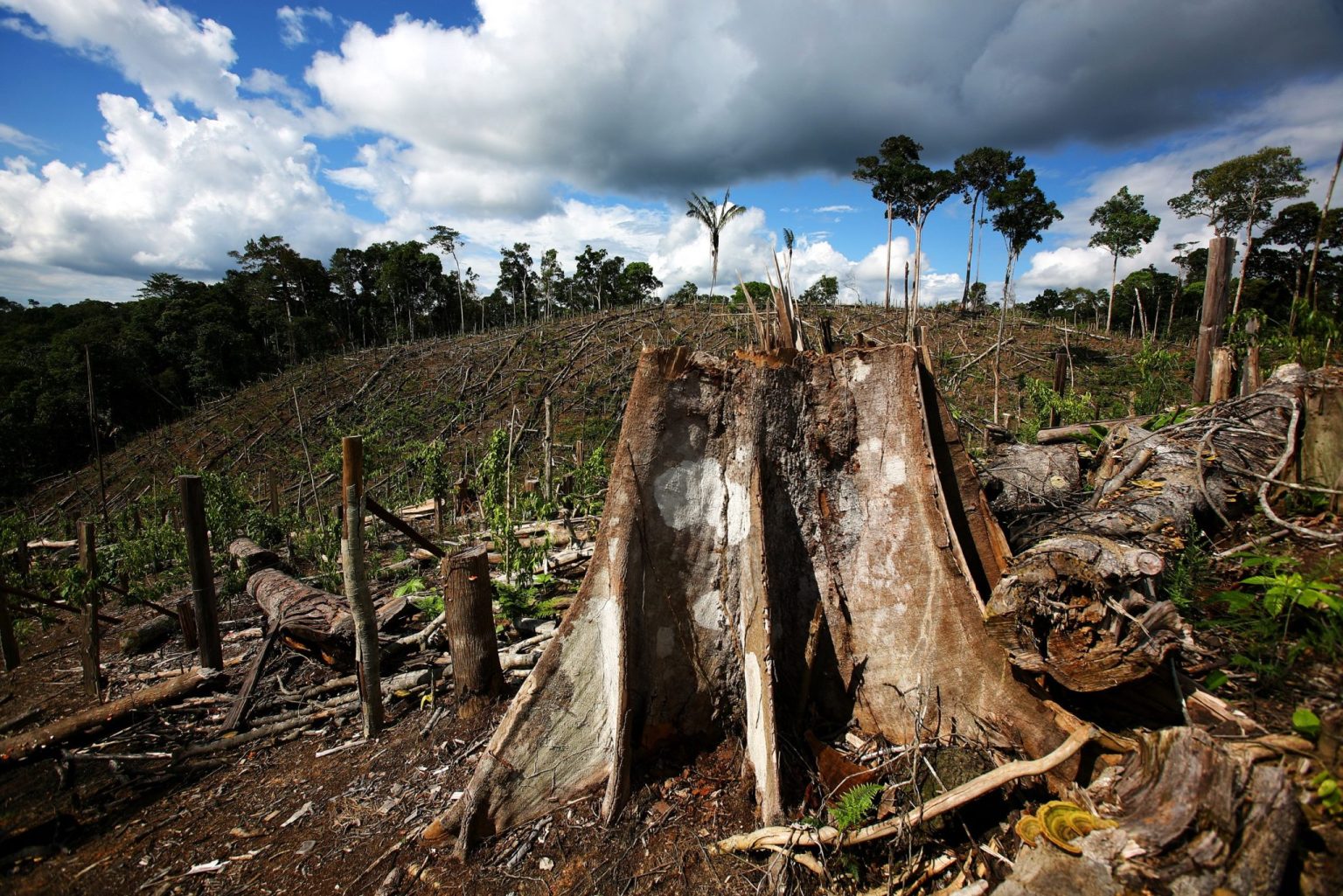Deforestation has caused the deaths of more than half a million people in tropical regions over the past two decades by intensifying heat-related illness, according to new research.
The study, published in Nature Climate Change, found that widespread clearance of trees in the Amazon, Congo basin and south-east Asia has driven localised temperature rises by reducing shade, cutting rainfall and increasing fire risk.
Researchers estimated that between 2001 and 2020, deforestation contributed to 28,330 deaths each year, more than half of them in south-east Asia. Around a third occurred in tropical Africa and the remainder in Central and South America.
Across the tropics, some 345 million people experienced additional heat exposure as a result of deforestation, with 2.6 million subjected to temperature increases of 3C or more.
The authors said that land clearance accounted for more than a third of the warming felt by people in affected regions, compounding the broader impacts of global climate change.
Prof Dominick Spracklen, of the University of Leeds and a co-author of the paper, said the findings underscored a stark reality. “Deforestation kills,” he said. “Many will be shocked by these results, as the local dangers of forest clearance are often overshadowed by the global climate debate and the market-driven expansion of agriculture.”
He cited Mato Grosso, a Brazilian state where vast areas of rainforest have been destroyed to grow soya beans. Farmers there are now calling for an end to the soy moratorium in the Amazon to allow further clearance.
Spracklen argued that protecting forests would save lives and sustain farming. “If Mato Grosso can keep its forests standing, people will suffer less heat stress,” he said. “This isn’t simply about preserving forests for the global climate. These ecosystems directly benefit local communities, they regulate temperature, bring rainfall, and underpin agriculture. Forests aren’t idle; they are working hard on our behalf.”



